Ovarian cysts are sacs filled with fluid located on the ovary that can naturally occur as a result of your ovulation cycle. However, ovarian cysts could become so dangerous at times that they cause pains and infertility. In fact, ovarian cyst is the cause of infertility in many women today. This write up teaches you everything you need to know about what causes ovarian cyst, the signs and symptoms to know if you have ovarian cysts and the natural remedies available to treat ovarian cysts naturally without surgery.
If you know you have ovarian cyst and you are trying to get pregnant, you may be wondering whether it will affect your fertility or not.
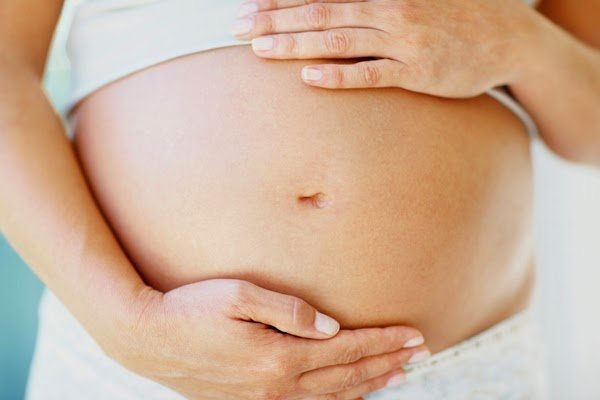
Whether an ovarian cyst will affect your fertility depends on type, it’s size and the stage it is. For example, when the follicle in which your egg grows does not rupture when ovulation happens, it fills up with fluid and it gets bigger. These are called functional cysts and they usually disappear by themselves.
Meanwhile, ovarian cysts may cause you 9fertility-related) problems if they become twisted, cutting off their own blood supply. If immediate medical measures are not taken, this type of cyst can burst causing severe pain in your lower abdomen and requiring hospitalization. At least, some people who have approached us for ovarian cysts treatment have reported this before. That is why is better to seek for help as early as possible.
Ovarian cysts may affect your fertility if the doctor decides to remove the entire ovary, severely compromising your ovary function. Open surgery is only needed when cysts are too solid or complex, or they are suspected to be cancerous. This would be a rare occurrence though.
When Benign Cyst Becomes Problematic
In rare cases, women acquire other types of cysts that may cause them a few problems. A functional cyst may start bleeding and turn into a hemorrhagic cyst and causing abdominal pain. Dermoid cysts also contain skin or hair fragments, so there are some cases when they need to be removed. Other cysts that may need to be removed are called cystadenoma and are formed from the cells covering the external part of your ovary; normally, they are not cancerous.
Causes of Ovarian Cysts
There are many causes of ovarian cysts, and most ovarian cysts are not cancerous.
- Follicular cysts: The most common type of ovarian cyst is a follicular cyst, which results from the growth of a follicle. A follicle is the normal fluid-filled sac that contains an egg. Follicular cysts form when the follicle grows larger than normal during the menstrual cycle and does not open to release the egg. Usually, follicular cysts resolve on their own over the course of days to months. Follicular cysts can contain blood (hemorrhagic cysts) from leakage of blood into the egg sac.
- Corpus luteum cysts: A Corpus luteum cyst is related to the menstrual cycle. The corpus luteum is an area of tissue within the ovary that occurs after an egg has been released from a follicle. If a pregnancy doesn’t occur, the corpus luteum usually breaks down and disappears. It may, however, fill with fluid or blood and persist as a cyst on the ovary. Usually, this cyst is found on only one side, produces no symptoms and resolves spontaneously.
- Chocolate cysts: Endometriosis is a condition in which cells that normally grow inside as a lining of the uterus (womb), instead grow outside of the uterus in other locations. The ovary is a common site for endometriosis. When endometriosis involves the ovary, the area of endometrial tissue may grow and bleed over time, forming a blood-filled cyst with red- or brown-coloured contents called an endometrioma, sometimes referred to as a “chocolate cyst.”
- Polycystic ovarian syndrome: The condition known as polycystic ovarian syndrome (PCOS) is characterized by the presence of multiple small cysts within both ovaries. PCOS is associated with a number of hormonal problems and is the most common cause of infertility in women.
- Dermoid cysts (benign cystic teratomas): Both benign and malignant tumours of the ovary may also be cystic. Occasionally, the tissues of the ovary develop abnormally to form other body tissues such as hair or teeth. Cysts with these abnormal tissues are really tumoyrs called benign cystic teratomas or dermoid cysts.
- Tubo-ovarian abscesses: Infections of the pelvic organs can involve the ovaries and Fallopian tubes. In severe cases, pus-filled cystic spaces may be present on, in, or around the ovary or tubes. These are known as tubo-ovarian abscesses.
Signs and Symptoms of Ovarian Cysts

Most ovarian cysts are never noticed and resolve without women ever realizing that they are there. When a cyst causes symptoms, pain in the abdomen or pelvis is the most common one. The pain can be caused from:
- rupture of the cyst,
- rapid growth and stretching,
- bleeding into the cyst, or
- twisting of the cyst around its blood supply (known as torsion).
If the cyst has reached a large size, other symptoms may arise as a result of pressure or distortion of adjacent anatomical structures. These other symptoms can include
- abdominal fullness, expansion of the abdomen, or bloating,
- low back pain,
- indigestion,
- feeling full after eating only a small amount (early satiety),
- urinary urgency,
- difficulty with emptying the bladder completely,
- feeling an urge to defecate
- having difficult bowel movements, or
- pain with sexual intercourse.
Treatment Options for Ovarian Cysts
Normally, cysts are removed through laparoscopic surgery – which decompresses the cysts and makes them collapse, so that they can be removed through a small incision, allowing you to preserve your ovarian tissue and maintain normal ovarian function. Cysts are better to be treated before getting pregnant, but this does not imply you will have to have them surgically removed. Surgery is not good for your fertility, especially if the entire ovary is removed.
The Bottom Line
At times, it is not even the cysts that affect your fertility, but some desperate and unnecessary attempts to remove them.
If you seek natural way of treating ovarian cysts without surgery and with no side effect to your fertility, then click here to read about the highly efficacious Ovarian Cyst Remedy Kit (which also contain CystClear and more other herbal products) that has helped a lot of women get rid of ovarian cysts naturally.
If you have gained anything from reading this, don’t hesitate to share it with others too. Put your comments and questions or topics you will like us to write about in the comment box below.
Stay Healthy And Never Give Up!
Plan B Wellness Center
Email – consult@www.planbwellness.com
Twitter – @planbwellness




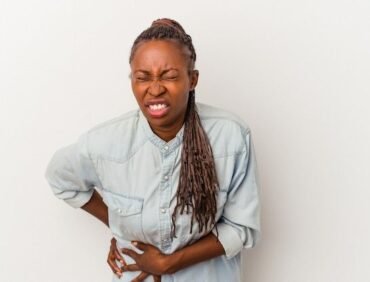
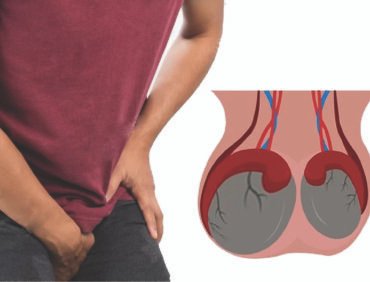

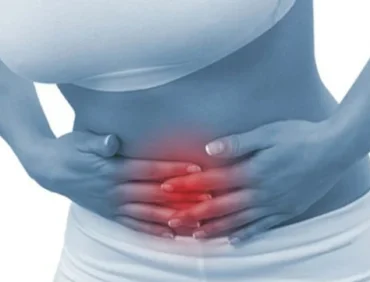

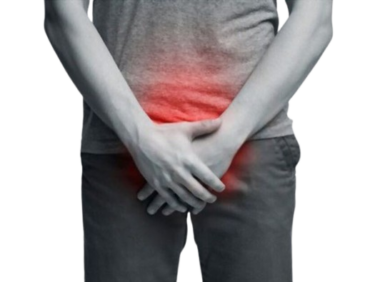
I want to the hospital and they told me my hormones are low for me to get pregnant ,please what do I do to reverse that thank u
@Amoah,
Thanks for contacting us. To be able to help you, we need to know which of the hormones is low and what level they are currently.
You may send a copy of your hormone profile result to consult@www.planbwellness.com for review and appropriate assistance from our medical team.
Regards
Plan B Wellness
I need that medicine
You can visit http://www.planbwellness.com/ovarian-cyst to order for it.
Do let us know if you need any further assistance by mailing us at consult@www.planbwellness.com
Thanks
I need that medicine and how much is it?
Hello Omotayo,
You can get all the information about the Ovarian Cyst Remedy Kit including the price on https://www.planbwellness.com/ovarian-cyst
Do let us know if you need any further clarification on anything after going through the information on the page.
Regards
Plan B Wellness
[…] Learn about ovarian cysts here and how to overcome it for good. […]
Can cystadenoma also be cured with your medicine? It’s 10cm big.
Yes, it can. Kindly send your ultrasound report via whatsapp to our consultant on 08099666650 for review.
Regards
Plan B Wellness